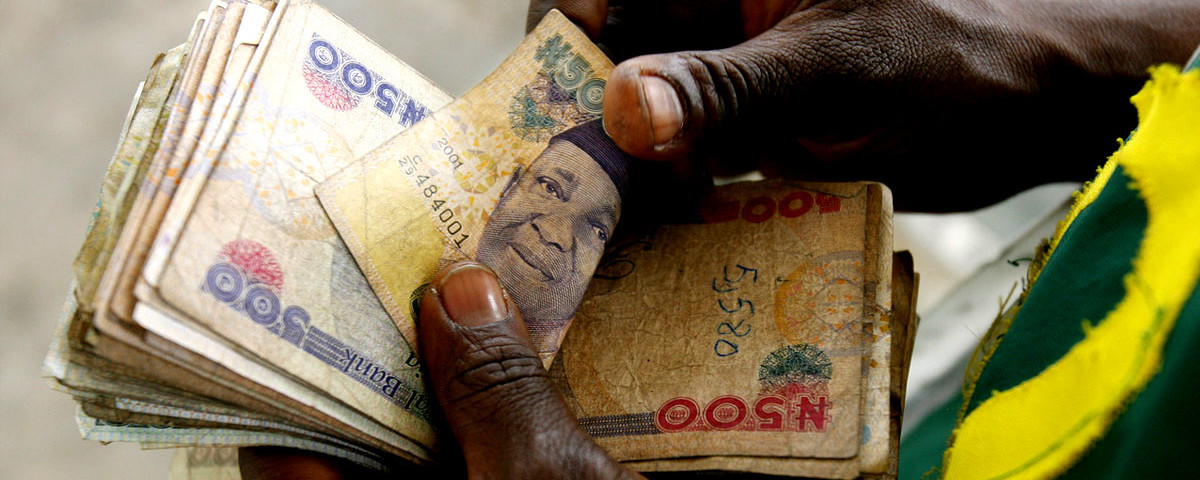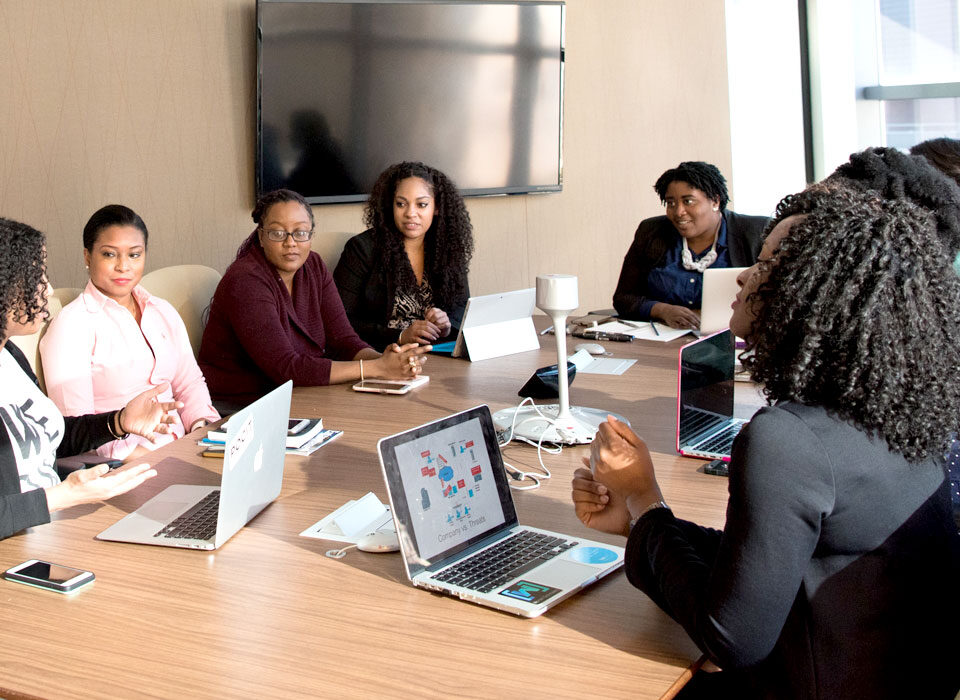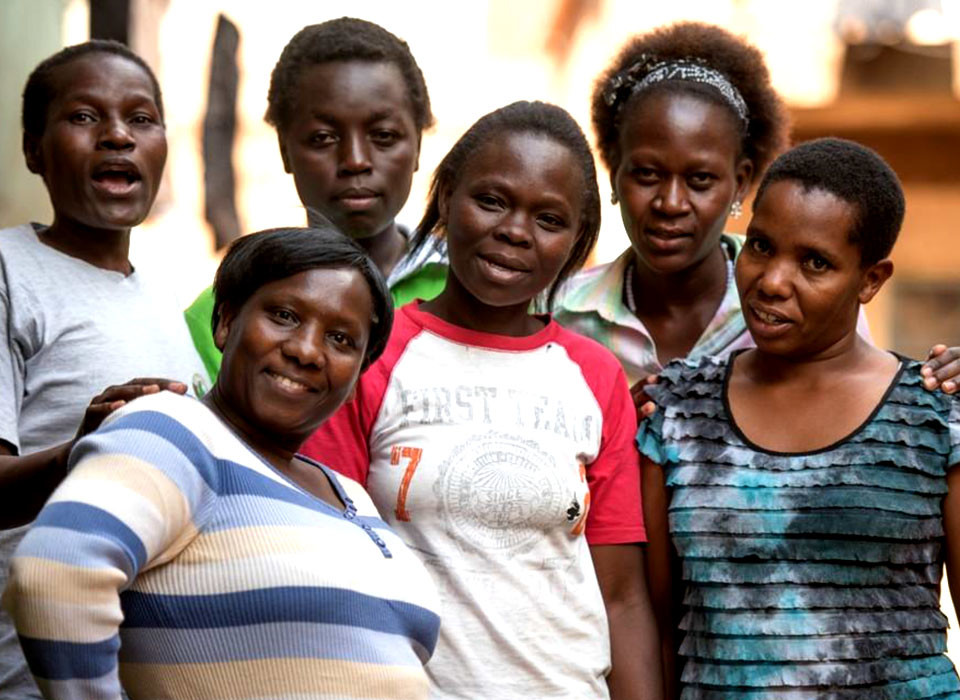The realities of the changes that have occurred within our ecosystem seem more profound when viewed through a domestic lens, be it the extinction of a particular bird that we grew up with; the fact that we haven’t seen a type of frog in our neighborhood since we were teenagers or that the farmers in our villages are producing significantly lower yields and have consequently become poorer due to erratic weather conditions.
Whichever way we choose to look at issues of Sustainable Development – whether domestically, theoretically or scientifically– the reality is that the world we live in is in peril. It has changed dramatically and will do so even more if care is not taken.
These changes are being fueled by several factors such as:
- The extraordinary population growth across the world: An average of 75 million people are added to the population every year; about 7 billion people currently live in the world, and this is estimated to rise to about 9 billion in 2040.
- The resources required to sustain this level of life on earth will become increasingly scarce as they are shared amongst a vast population.
- Economic activities are also putting tremendous pressure on natural resources – the scale of the environmental impact that has occurred through industrialization is enormous, causing drastic changes to the climate, leading to extreme weather situations which threaten human existence, the ecosystem and biodiversity. According to the Climate Change and Environmental Risk Atlas, 2015, ‘a worrying combination of climate change vulnerability and food insecurity is amplifying the risks of conflict and civil unrest in 32 countries, including the emerging markets of Bangladesh, Ethiopia, India, Nigeria and the Philippines’.
- The ever-widening gap between the rich and the poor – the super-rich make up only a fraction of the world’s population and control majority of the world’s economic resources – this makes development unsustainable.
Things are changing rapidly and we realize that there is an urgent need to address these issues, build resilience and ensure that development is sustained for future generations.
It is without a shadow of doubt that actors in the private sector have a pivotal role to play in shaping the success of sustained development globally. John F. Kennedy said: ‘The world is very different now. For man holds in his mortal hands, the power to abolish all forms of human poverty, and all forms of human life.’
While this may be true in many instances, poverty in Africa is on the rise, which is in part due to increasing populations, and the climate change challenge we face in many parts of the world appears to be worsening. It, however, appears that there is a lack of human will to radically change the course of events for the better– and this is what we hope will change with the adoption of the SDGs.
In recognition of the challenges we face, a global movement started in an attempt to solve the issues. Development experts gathered at seminars and conferences such as the 1972 Earth Summit in Stockholm, the 1992 Rio de Janeiro Summit on Climate, and again at the summit held in the year 2000 where the Millennium Development Goals (MDGs) were established. At these gatherings, the issue of reconciling economic progress with environmental degradation were tabled, and goals developed and put in motion as potential solutions for sustaining development globally.
Eight goals tagged the Millennium Development Goals were set to address several development challenges in thedeveloping world for a period of 15 years. 2015 saw the winding up of the MDGs and the adoption of the SDGs and the COP21 Climate change agreement.
It is believed that the SDGs will provide a normative and collective approach to driving global momentum behind sustained development – an ambitious task some say, because the will lies with individual national actors who will need strong leadership and governance to ensure that this is implemented on a local level.
While there has been some debate about the role of the private sector in development. It is important to note that a lot of the developments that have been experienced world-wide was driven primarily by industrial revolution. Industrialisation was established by actors who sought aggressive economic growth which brought in its stead a change in social existence fueled by demand and supply of goods and services which depended on natural resources to thrive. Society is filled with goods and services that industries innovated and developed; tools that shape and support our lifestyles – the tools we use for social interaction; services and products etc. Development and industrial activities are not mutually exclusive but are clearly interdependent. Hence, sustained development cannot be achieved without the critical involvement of the private sector.
The African story is slowly evolving; our narrative as a continent is gradually changing but can be faster. Case studies from some African countries such as Rwanda, Ethiopia and Botswana point to some measurable development progress. However, there is still a long way to go. While Sub-Saharan African countries experienced some measure of improvement with the MDGs, the continent did poorly on a number of goals. This is expected to change with the SDGs – hopefully.
We have also increasingly seen many African countries turn to foreign direct investment for more economic growth opportunities, illustrating the critical role the private sector plays in the area of sustainable development and the future of the continent. The fact that industrialisation is still very much in its rudimentary stage, provides opportunities for private organisations to embed responsible practices which can help drive sustainable growth patterns in Africa.
There is still a lot of work to be done and as long as we strive to expand our economic base and ensure that industrialisation takes central place in the scheme of things we must also make sure that the SDGs are fully embedded in our policies. The opportunities are immense.
Seeing that there is so much focus and attention on the private sector to drive growth in Africa, we must also look to the sector to deliver this growth in a sustainable and inclusive manner. There is a general belief that the private sector can help address the poverty disease that has plagued the continent for so long.
In a compilation of a series of dialogues held with the private sector on the post-2015 agenda, a number of recommendations were made as to how the private sector can help drive sustainable development.
This broadly cuts across ensuring that the principles of sustainability are fully embedded within their operations, which can be done through product innovation that helps address a development problem. For instance, Unilever has re-engineered detergents to help consumers wash more with less water, and seeks to help address the issue of Iron deficiency by fortifying its bullion (Knorr) cubes with Iron.
Other examples of the private sector providing practical solutions to sustainable development issues include the setup of charitable foundations to help address development problems faced by the communities they operate in; the MasterCard Foundation is one of such example. Many of these initiatives are not new – what we need to drive further is their impact and sustainability, as unfortunately a large number of development initiatives often have little or no impact in helping to change the African narrative.
In his foreword in the compilation of a ‘Series of dialogues on means of implementation of the post 2015 Development agenda’ Li Yong, Director General of the United Nations Industrial Development Organisation (UNIDO) provides the direction that we must follow –
“The private sector is a strategic partner in this endeavor, with the ability to have a profound impact on areas as wide ranging as climate change, food security, gender equality, human rights and good governance. Government and business must work together to create clear policy frameworks and incentives to ensure that profits are translated into sustained economic growth, social inclusion and environmental protection. This entails identifying new forms of partnership that put forward innovative business models that respond to commercial priorities while also delivering on the development front.”
This aptly and succinctly captures the role of the private sector in sustained development in the African space and beyond.
Oluwasoromidayo George
A member of the CSRG Institute






